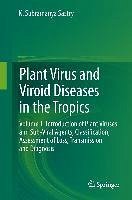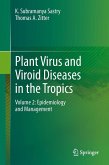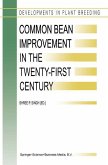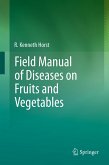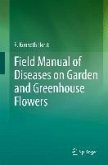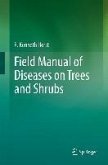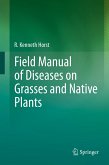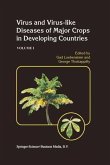Detection of virus and sub-viral agents at initial stages of infection is critical to reduce economic losses. For nearly two decades, ELISA and its variants played a major role in large scale virus testing and also in the production of virus-free planting materials. In recent years nucleic acid - based molecular detection methods such as the amplification of nucleic acids (PCR and its variants), microarrays, rDNA technology, DNA barcoding, DNAbiosensors and other improved techniques are playing pivotal role in specific virus testing, identification of new viruses, virus strain differentiation, identification of virus relationships and other biological aspects, as these techniques are specific, sensitive and reproducible. Nevertheless, integrated management measures have evident benefits and should be fostered and promoted for managing virus and sub-viral diseases for enhancing crop productivity.
This book provides the latest valuable overview of the plant virus and virus-like diseases in tropical countries on aspects like introduction about plant viruses, their classification; transmission and diagnostic techniques; the well written chapters are thoroughly up-to-date and amply and clearly illustrated with numerous photographs. It is a good source of information on plant virus and sub-viral pathogens to all plant virologists, students, faculty, research and quarantine organizations.
Dieser Download kann aus rechtlichen Gründen nur mit Rechnungsadresse in A, B, BG, CY, CZ, D, DK, EW, E, FIN, F, GR, HR, H, IRL, I, LT, L, LR, M, NL, PL, P, R, S, SLO, SK ausgeliefert werden.

